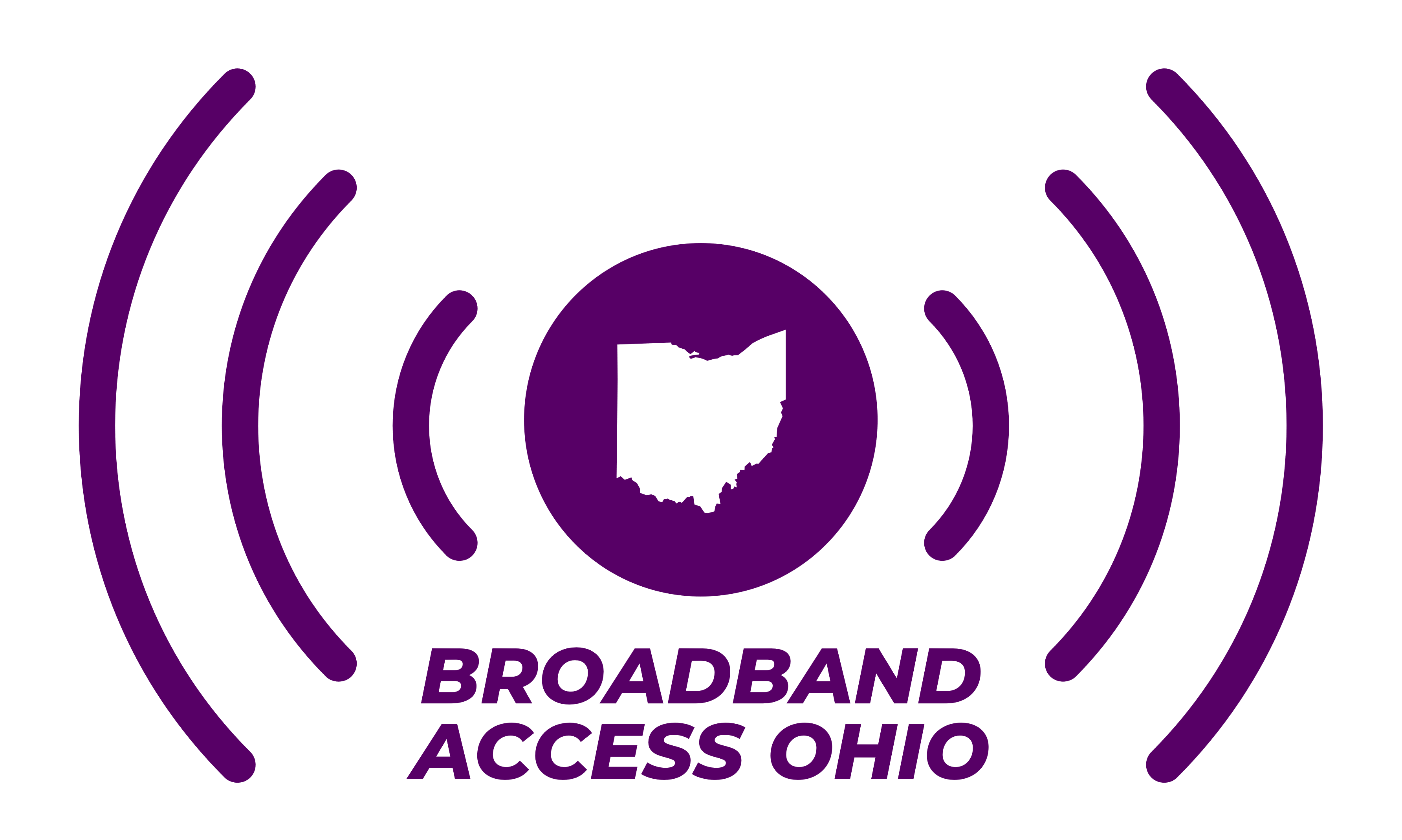CLEVELAND, Ohio — Rocket Community Fund and the Cleveland Foundation will donate a combined $1.35 million to a new program focused on bridging the city’s digital divide.
The “Neighbor to Neighbor” partnership, announced on Wednesday at LaSalle Theatre in the city’s Collinwood neighborhood, will be overseen by Cleveland Neighborhood Progress. The money will help the organization assemble a team of nearly 50 people to implement the program, according to a news release.
The pilot program will consist of a door-to-door canvassing campaign to connect residents to digital resources. Representatives from five area Community Development Corporations (CDCs) will help distribute information and talk with residents to learn the digital gaps that exist, the release says.
The five CDCs will that will be involved include Bellaire-Puritas Development Corporation, Greater Collinwood Development Corporation, Midtown Cleveland Inc., Slavic Village Development and Famicos Foundation, which serves the Glenville, Hough and St. Clair-Superior neighborhoods.
The program plans on expanding to 11 CDCs in 2022.
Tania Menesse, the president and CEO of Cleveland Neighborhood Progress, said her organization is grateful for the investment from Rocket Community Fund and the Cleveland Foundation.
“Neighbor to Neighbor will allow us to scale our impact in new and innovative ways by allowing us to reach and collaborate with the residents of our communities to bridge the digital divide and address housing inequities,” Menesse said in the release.
Menesse said in an interview with cleveland.com that the partners wanted to target neighborhoods that are already working with DigitalC, a Cleveland nonprofit focused on providing low-cost internet access to residents. They also wanted to target neighborhoods that have established strong engagement.
“We specifically chose Bellaire-Puritas on the farther West Side to kind of test and see whether their connectivity issues were greater, or they have a large aging population, whether it’s more digital literacy that we need to focus on,” Menesse said.
The digital divide is one of Cleveland’s most pressing problems, and its effects have been amplified by the coronavirus pandemic. As more virtual meetings take place and online shopping becomes more common, a stable and reliable internet connection is needed more than ever.
But the internet is not accessible for many Cleveland residents. Cleveland is the only U.S. city with more than 100,000 households where more than 30% lack broadband of any type, including cellular data plans, according to the release. If cellular data plans are not counted, almost 46% of Cleveland households don’t have internet access. That’s the second-worst rate in the U.S. behind only Detroit.
Cleveland Mayor Frank Jackson said he appreciates the work Rocket Community Fund and the Cleveland Neighborhood Progress are doing to address systemic disparities.
“The Neighbor to Neighbor program is one way to help bridge the digital divide, improve housing stability in our community and improve quality of life for current and future generations,” Jackson said in the release.
Cleveland City Ward 8 Councilman Mike Polensek, who serves Collinwood, expressed his excitement for the program during Wednesday’s announcement, calling it a “game-changer for our city.” Polensek said he is confident residents will benefit from the program.
One of the resources the canvassers plan to educate residents on is the Emergency Broadband Benefit (EBB), a federal program that subsidizes the price of internet and tech devices for eligible households.
The program provides a monthly $50 discount on internet access as well as a one-time $100 subsidy for a laptop, desktop computer or tablet. More than a third of Cleveland homes, at least 125,000 total, are expected to qualify for the Emergency Broadband Benefit, the release says.
“The digital divide prevents Cleveland residents from accessing meaningful programs, jobs and opportunities – and disproportionately affects our residents of color,” Leon Wilson, the chief of digital innovation and chief information officer for the Cleveland Foundation, said in the release. “Through Neighbor to Neighbor, we can connect residents to the Emergency Broadband Benefit and develop programs that will provide access to the internet, technology and digital literacy programming that is essential for the jobs of the future.”
In addition to bridging the digital divide, Neighbor to Neighbor also strives to address the city’s housing instability. The program’s partners want to provide residents with information about programs to achieve more stable housing situations. As the partners share information and build connections with the community, they want to connect residents to various programs so they can stay in their homes and avoid situations such as tax foreclosure and renter eviction.
Rocket Community Fund, the philanthropic arm of Rocket Companies and its affiliated companies like Rocket Mortgage, has previously contributed $1 million to Cleveland Neighborhood Progress to help its home rehabilitation efforts, the release says.
Laura Grannemann, the vice president of the Rocket Community Fund and founder of Neighbor to Neighbor, said her organization is excited to partner with Cleveland Neighborhood Progress and the Cleveland Foundation.
“Digital connectivity and lasting housing stability are the twin pillars that provide physical and economic security, as well as the ability to access job training, education, telemedicine, employment and more,” Grannemann said in the release.
Click to here to view the original article: https://www.cleveland.com/news/2021/10/rocket-community-fund-starts-neighbor-to-neighbor-program-to-help-bridge-clevelands-digital-divide.html

Recent Comments